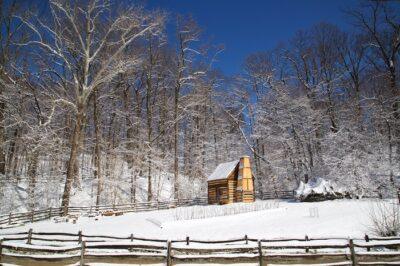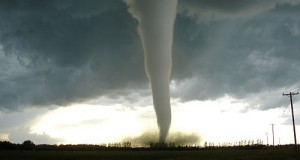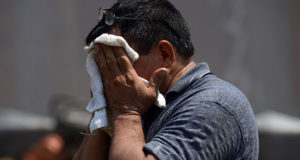Many of us dream or desire to live off-grid by ourselves, enjoying a peaceful life of solitude. But it’s easy to underestimate the difficulty of this. Living off the grid is hard enough if you have family and other homesteaders around you. Going it alone is even more challenging. Here are some things to think about before deciding to live alone on your off-grid homestead:
1. Consider your physical strength
An off-grid lifestyle requires a lot of physical labor. Tilling the garden, delivering a calf, or chopping firewood are all common tasks on the homestead. So if you’re going it alone, be prepared to do all the hard work yourself.
2. Review your technical knowledge and skills
Most off-grid homesteads generate power from the land’s resources. Typical power sources are the sun for solar power, the wind for wind power, and flowing water for hydropower. Many times these primary power systems are backed up with a diesel generator.
New Solar Generators Deliver 4 Times More Power Than Previous Models!
The common power generation technologies can malfunction or simply stop working. For example, solar power is a great technology. However, it generally entails electronic controllers like an inverter to convert captured energy into a form usable by modern appliances and equipment. You’ll need to know how to program, maintain and troubleshoot the inverter. Generating power from the wind or water rely on mechanical parts that can wear down, stop working together, or simply break. Finally, while diesel generators are reliable workhorses, many years of experience with them have taught me that the smallest issue can make a diesel generator come to a crashing halt.
So learn how to maintain, troubleshoot and repair the power generation equipment you rely on. Sure, you can get experts to come out and fix things, but this is expensive, especially if you live a long way from metropolitan areas.
3. Prepare for medical emergencies
For the solo off-gridder living in a remote location, it is critical to have first-aid knowledge and access to emergency medical care in case of a serious injury.
For first-aid knowledge, take both the standard and advanced first-aid courses available through local schools or government agencies. After mastering the skills, make sure the homestead is fully stocked to handle everything from a minor burn to a gunshot wound to a severed limb.
You also need access to emergency medical care. If you live far away from a hospital, look into plans where you can pay a small annual fee to get helicopter transfer to the nearest hospital. Research the plans carefully to understand how they work and their limitations.4. Don’t forget security
4. Don’t forget security
Living by yourself on an isolated property is a dream come true for many — including me. But it’s not a safe world out there. There are those who have no compunction about stealing what is yours, whether or not you’re home at the time.
New Survival Energy Product Makes Every Window A Powerful Solar Charger
So learn self-defense, and get the guns you need to protect your life in the case of robbery or home invasion. You’ll also need to consider the wildlife around you, and select the right firearms to protect yourself against curious bears, mountain lions, or any of the other predators out there that roam sparsely populated areas.
5. Cultivate working relationships
I get it. You want to live on your off-grid homestead alone and take care of yourself by yourself. But things happen when you’ll simply need someone else’s help. For example, there are probably a lot of chores around the homestead — tending the garden, feeding the chickens, milking the goat — that really need to be done every day. If you seriously hurt yourself and end up bedridden or in the hospital for a few days, it’s good to have someone you can trust who can competently care for the homestead during your absence. So get out there and make some friends and build some relationships, even if it’s the last thing you want to do.Conclusion
Conclusion
Living alone is hard work. Learn the right skills and build the right relationships to be successful at it. Taking the right steps now will allow you to continue your solitude, even after a major injury or other incident prevents you from caring temporarily for the homestead.
Related:
A Survivalist’s Dream: Dropping Out Of Society
What advice would you add to this story? Share your thoughts in the section below:
 Off The Grid News Better Ideas For Off The Grid Living
Off The Grid News Better Ideas For Off The Grid Living






